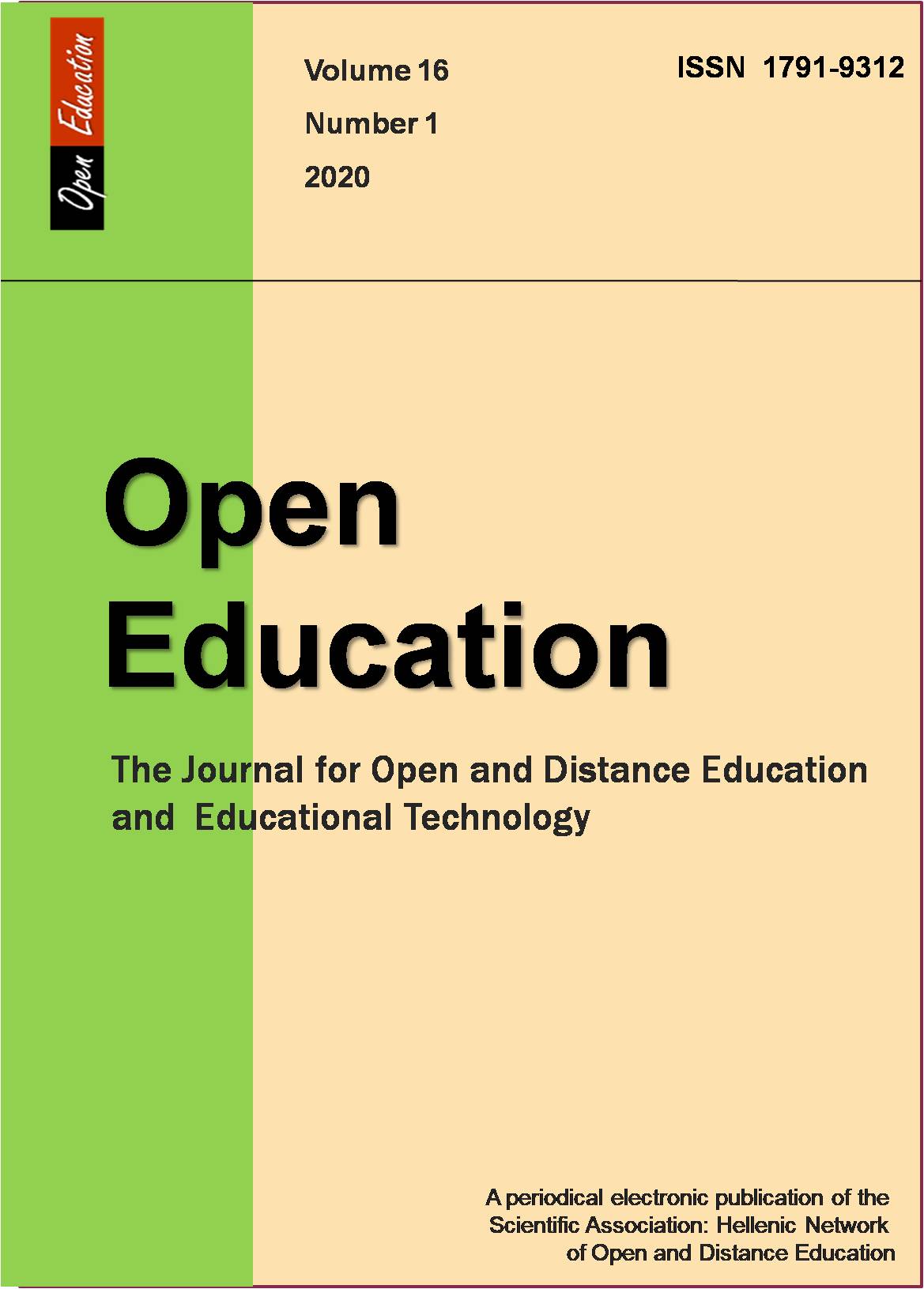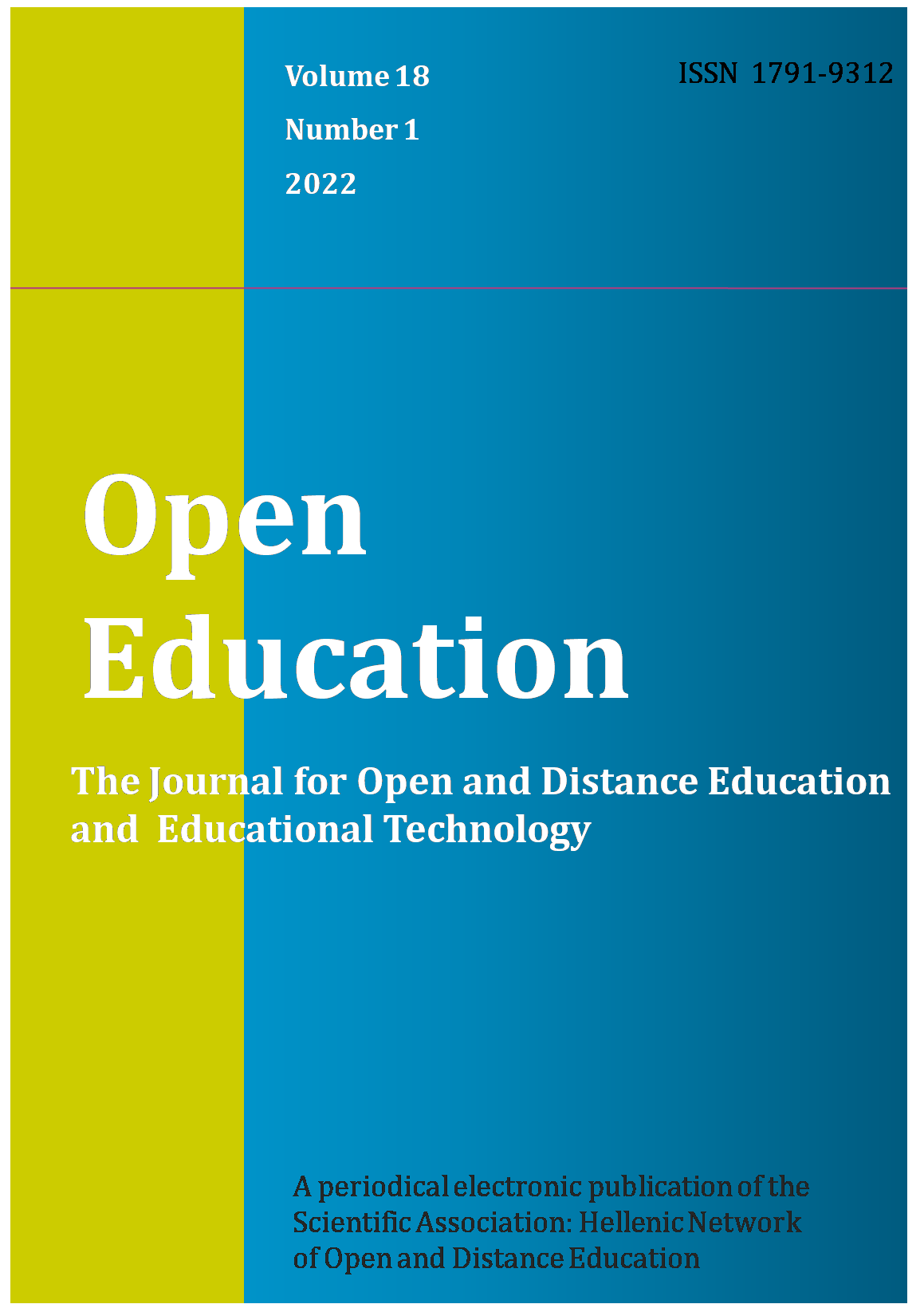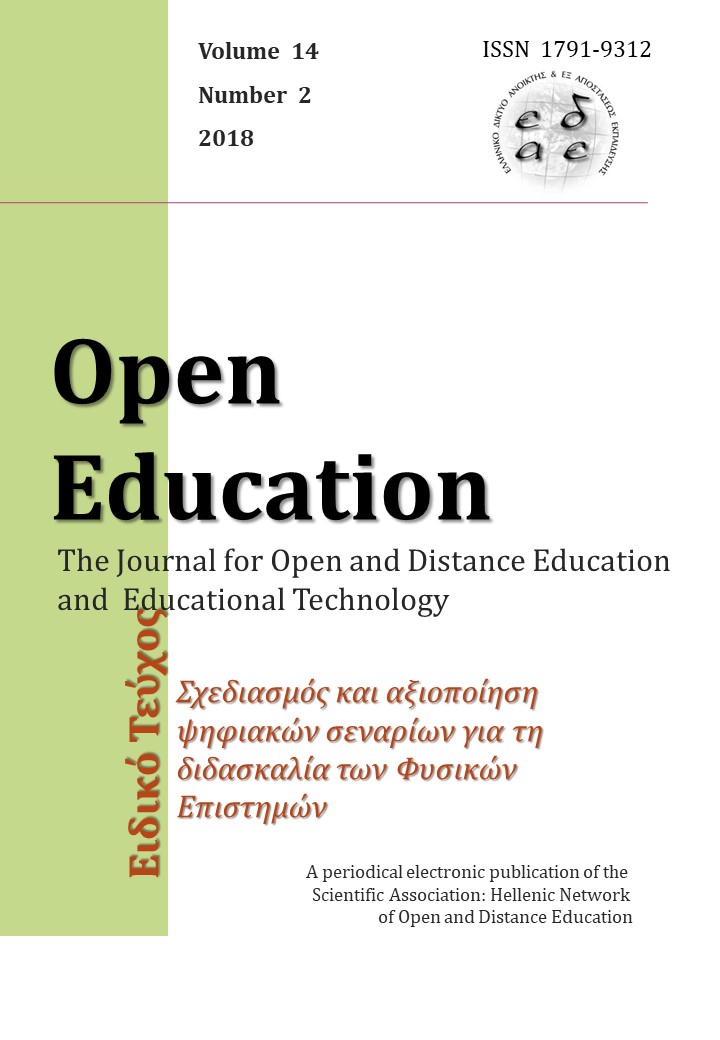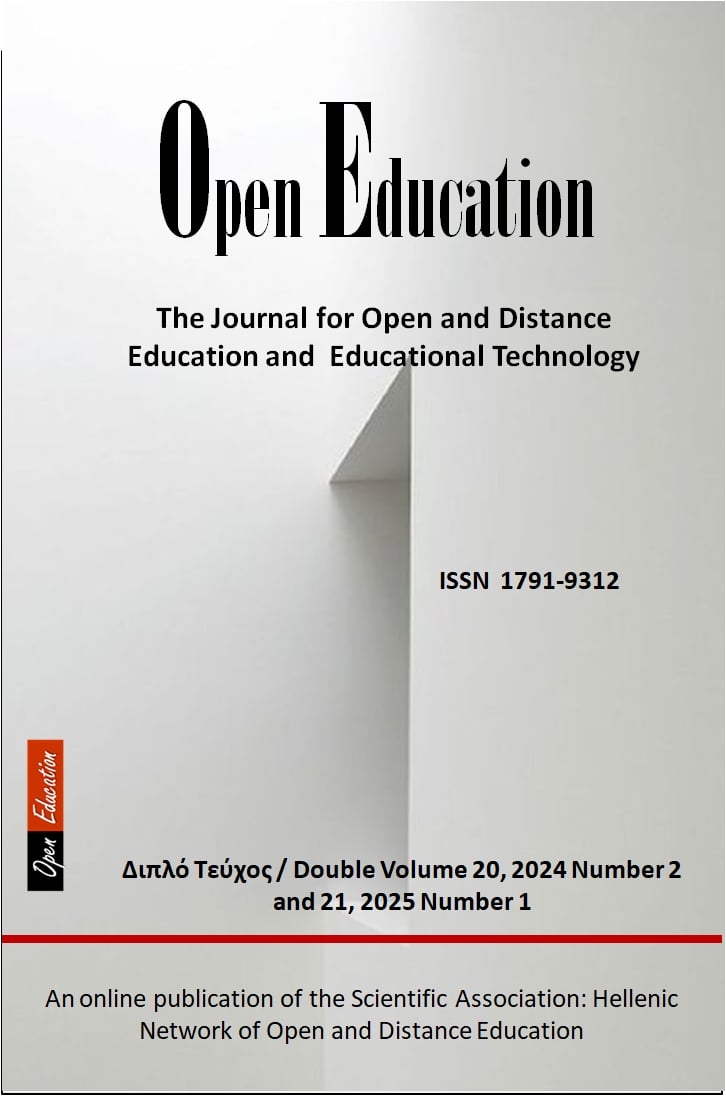The contribution of e-mail to the communication and collaboration of students and Tutor in Open and Distance Education
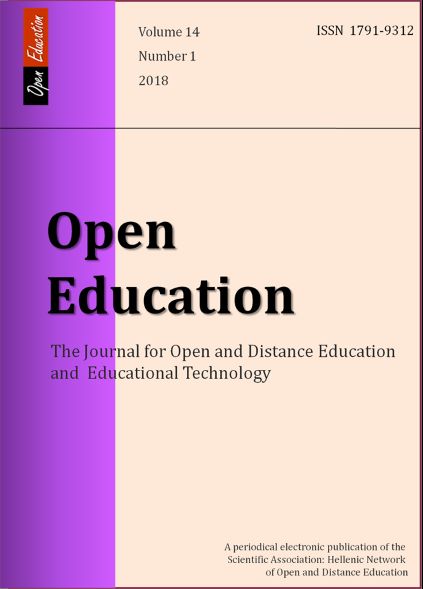
Abstract
Open and Distance Education (ODE) has developed rapidly the last years, and its reinforcement has substantially contributed to the growth of Information and Communication Technologies (ICT), which provided new means for its successful accomplishment. Because of its peculiarity, ODE promotes personalized learning through communication, especially the communication between tutor and students. Communication in education plays an important role, as through it is transmitted information, contributing to understand and improve the content of learning (Isman et al., 2003). Additionally, in ODE communication achieves the creation of interaction, co-operation and co-ordination of students with their tutor. In order to be effective, the relationships that will be created should fulfill the purpose for which it was created: transfer of information, adoption of action and expression of emotions, in order to realize the role of the student and to develop the educational material so that lead to a successful learning outcome (Kalogiannakis & Touvlatzis, 2015). Through a systematic bibliographic review is highlighted the students' need for consistent and constructive communication with the PCs and for frequent and quick feedback. The main objectives of our research are: (1) tο investigate if ICT facilitates contacts and collaboration between students and tutors, and in particular (a) their familiarization with ICT and (b) the contribution of ICT to the choice of e-mail as a means of communication, (2) to record the factors which influence the way of communication in ODE such as (a) the quality and frequency of e-mail communication and (b) the tutor as a supporter of e-mail as a means of communication, (3) to research whether e-mail is sufficient as a means of communication to cover the needs of students which arise during their distance studies focused on (a) the subject of communication and (b) the quality of relationships through e-communication, (4) tο investigate the effects of e-mail communication in ODE and in particular (a) the types of needs created during the study through ODE as well as (b) how the problem solving is evaluated by e-mail.
Our research attempted to highlight the contribution of e-mail to ODE and the needs of the students of the Hellenic Open University (HOU) that dictated the use of electronic communication as well as the factors that guide them to choose it. The sample of our research consisted of 8 students of the Hellenic Open University, two men and six women who were studying the Master program "Studies in Education" . The results of our research underlined the importance of electronic communication in ODE, as the participants mentioned it as their basic choice for their needs during their studies. Summarizing the conclusions, it is obvious that ICT supports and facilitates ODE and the students' knowledge on them influence the choice of the medium of communication with the tutor, while, even at the basic level, they can facilitate communication in ODE and promote the success of the learning process.
Article Details
- How to Cite
-
Μέγγου Μ.-Ε., & Καλογιαννάκης Μ. (2018). The contribution of e-mail to the communication and collaboration of students and Tutor in Open and Distance Education. Open Education: The Journal for Open and Distance Education and Educational Technology, 14(1), 22–38. https://doi.org/10.12681/jode.15472
- Issue
- Vol. 14 No. 1 (2018)
- Section
- Section 1
Copyright Notice
Authors who publish with this journal agree to the following terms:
Authors retain copyright and grant the journal right of first publication with the work simultaneously licensed under a Creative Commons Attribution Non-Commercial License that allows others to share the work with an acknowledgement of the work's authorship and initial publication in this journal.
Authors are able to enter into separate, additional contractual arrangements for the non-exclusive distribution of the journal's published version of the work (e.g. post it to an institutional repository or publish it in a book), with an acknowledgement of its initial publication in this journal.
Authors are permitted and encouraged to post their work online (preferably in institutional repositories or on their website) prior to and during the submission process, as it can lead to productive exchanges, as well as earlier and greater citation of published work.



